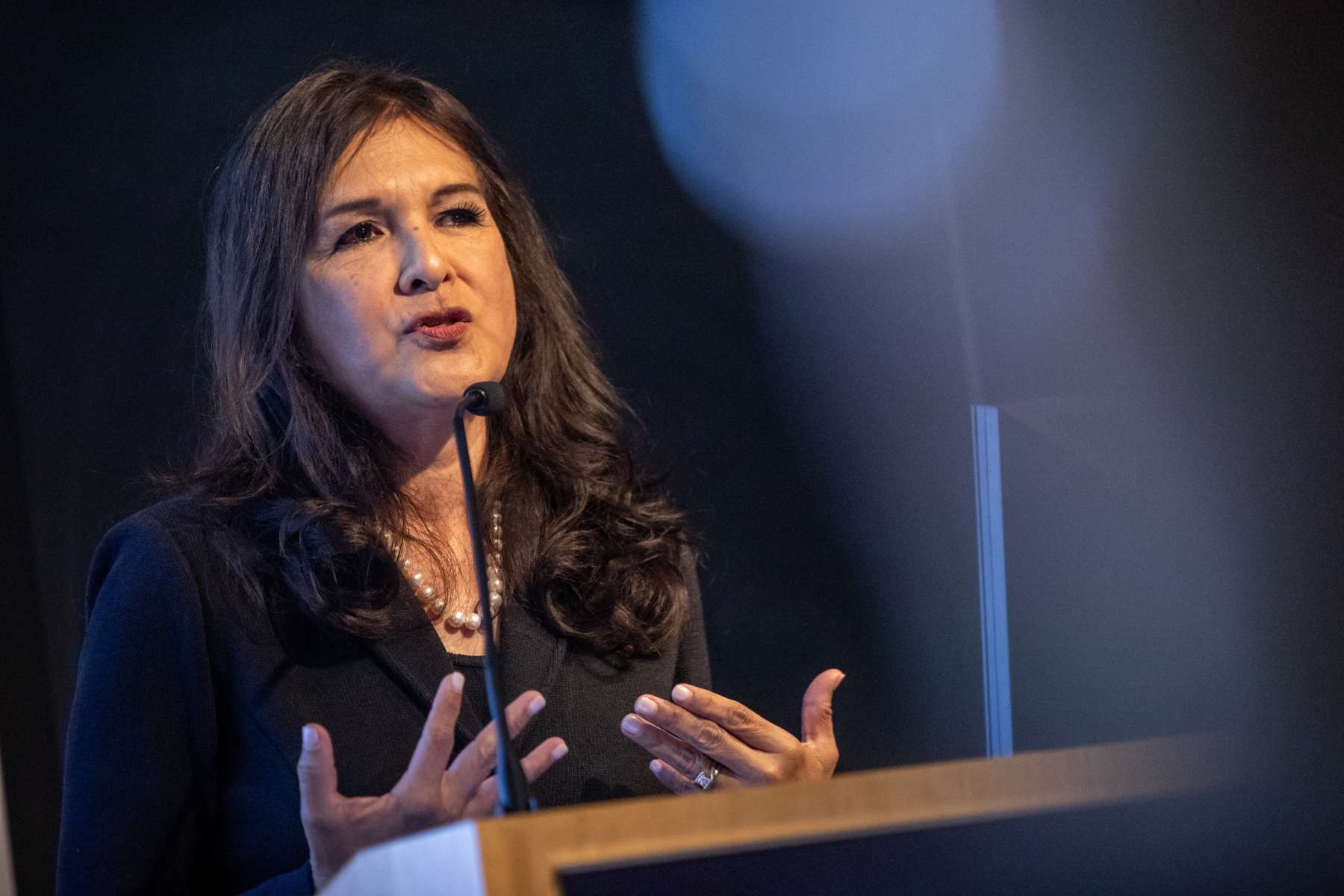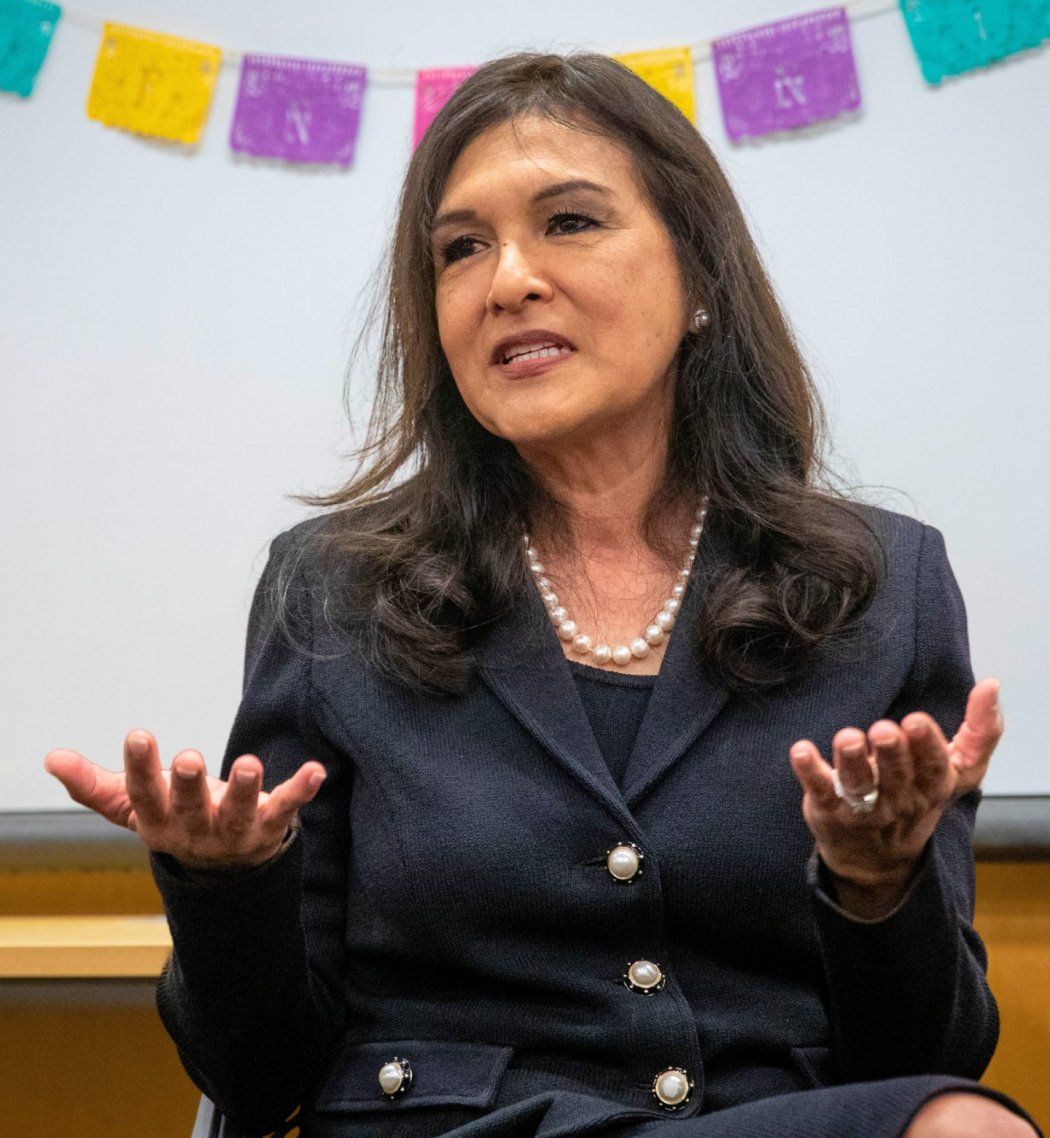California’s trailblazing surgeon general is using her platform to pave the way for improving the health of women, children and communities of color while inspiring a new generation of Latinx physicians.
Diana Ramos, MD, MPH, MBA, visited UCSF on January 30 to deliver Grand Rounds at Mission Bay, calling attention to the impact of Adverse Childhood Experiences (ACEs) and the devastating health impacts of toxic stress. Before that, Ramos met with an enthusiastic group of Latinx faculty, staff, residents, and medical students to share her path to becoming California’s first Latinx surgeon general.
While Latinx people make up 40% of California’s population, just 6% of the state’s physicians are Latinx, Ramos noted.
“All of you are faces of the future,” she said, encouraging UCSF students to be changemakers to advocate for policies that promote reproductive, mental and childhood health.
“If we don’t pull ourselves up, other people will be making [health care] decisions for us,” she said. “Together, we’re going to be able to be that leadership, not just for California. We’ll be that powerful for the world.”
Ramos was invited to speak at UCSF by Josie Urbina, MD, an assistant professor in the UCSF Department of Obstetrics, Gynecology and Reproductive Sciences, who — similar to Ramos — is the “proud daughter” of Mexican immigrants and was raised in Los Angeles.
“We need to make more of an intentional effort to be out there and mentor our next generation of physicians because if they don’t see themselves represented, they’re going to think it’s not possible,” Urbina said. “You can’t be what you can’t see. Seeing Dr. Ramos, it makes everything possible.”
She received her medical degree from the Keck University of Southern California School of Medicine and completed her residency training at Los Angeles County-University of Southern California Medical Center. She also holds a Master of Public Health degree from UCLA and a Master of Business Administration degree from the UC Irvine Paul Merage School of Business.
She was appointed by Gov. Gavin Newsom as the second Surgeon General of California in August 2022.
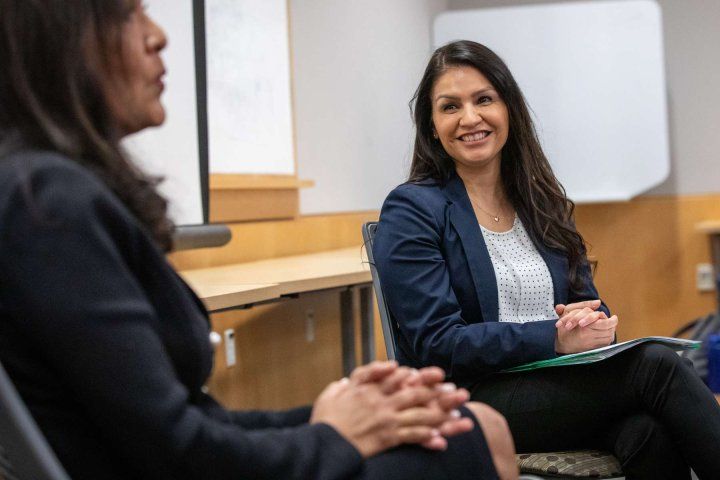
“If they don’t see themselves represented, they’re going to think it’s not possible. You can’t be what you can’t see. Seeing Dr. Ramos, it makes everything possible.”
Josie Urbina, MD

“If they don’t see themselves represented, they’re going to think it’s not possible. You can’t be what you can’t see. Seeing Dr. Ramos, it makes everything possible.”
Josie Urbina, MD
Education and prevention
Ramos spoke at length about addressing ACEs and toxic stress, a principle based on scientific consensus that cumulative adversity, particularly during sensitive developmental periods like childhood, is a root cause of harmful, persistent, and expensive health challenges.
A staggering one in six adults have experienced four or more types of ACEs — childhood instances of abuse, neglect, and household challenges — and at least five of the top 10 leading causes of death are related to ACEs.
Importantly, ACEs do not impact all races and ethnicities equally, with traditionally marginalized communities like Indigenous people, Black and Latinx experiencing those challenges at a higher rate.
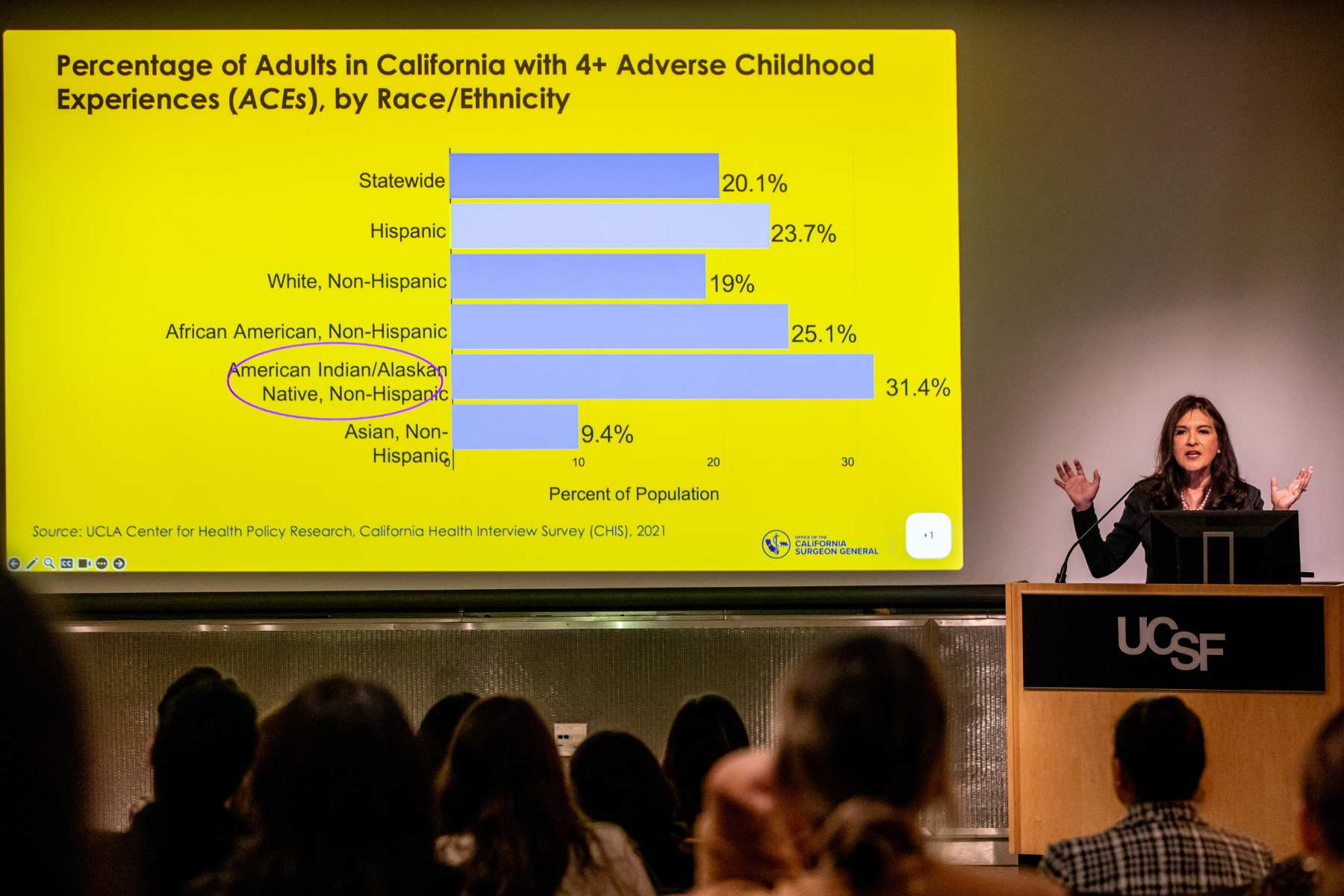
Ramos was born and raised in south central LA by a single mother who worked up to three jobs to make ends meet. A “latchkey girl,” Ramos was watched by her aunt while her mom was at work — a “caring person” she emphasized as key to overcoming the impacts of ACEs for every child dealing with toxic stress, including herself.
“We have to realize that we can make a difference,” Ramos said, also noting the importance of tackling stress symptoms during pregnancy for expecting mothers impacted by ACEs. “The reality is the environment is sometimes that bigger factor pulling patients away from getting the best care they can. [Patients] trust you and you have provided part of that healing already. Just listening is part of healing itself.”
The California surgeon general’s office is developing a $24 million campaign to increase awareness and support prevention of ACEs and toxic stress.
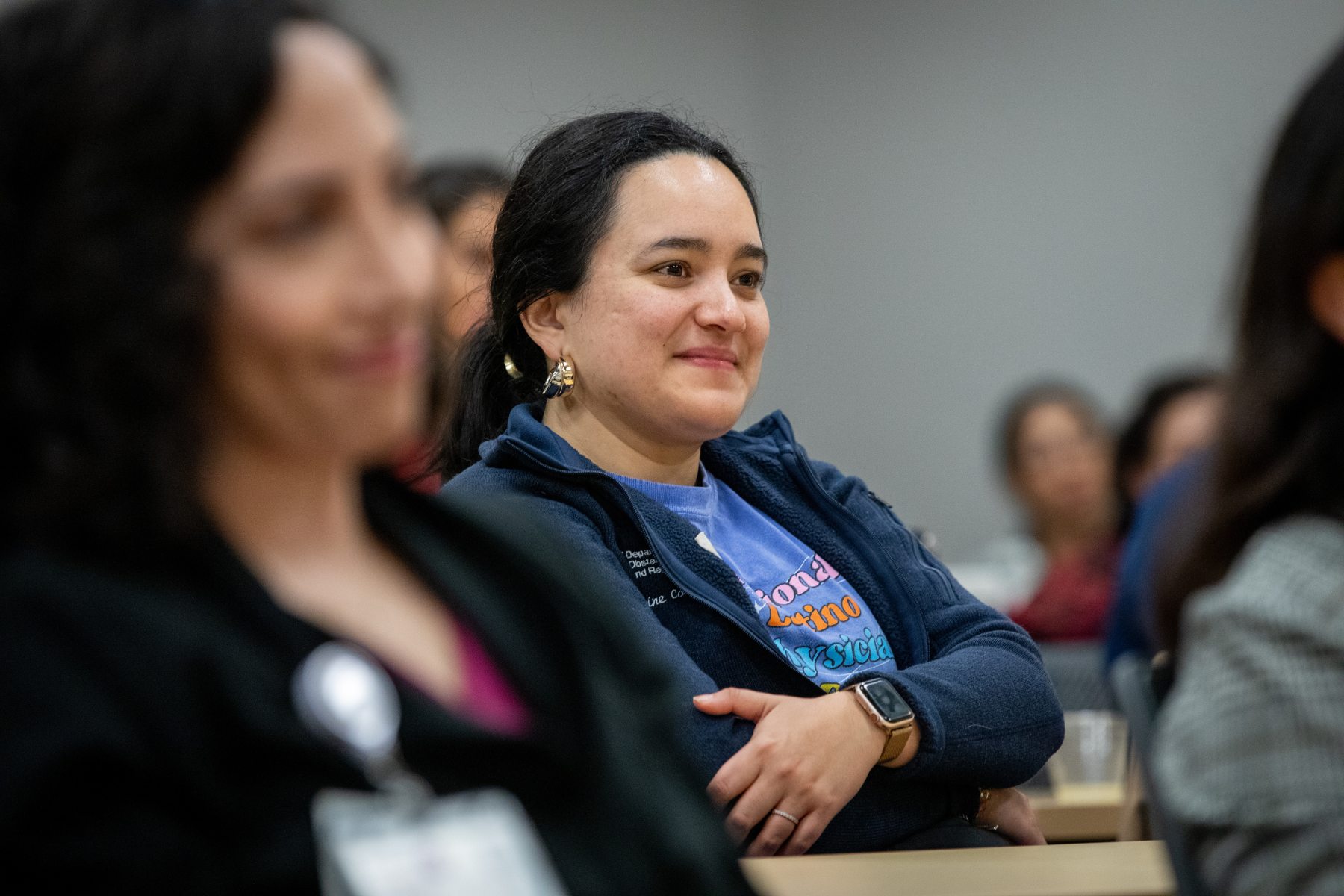
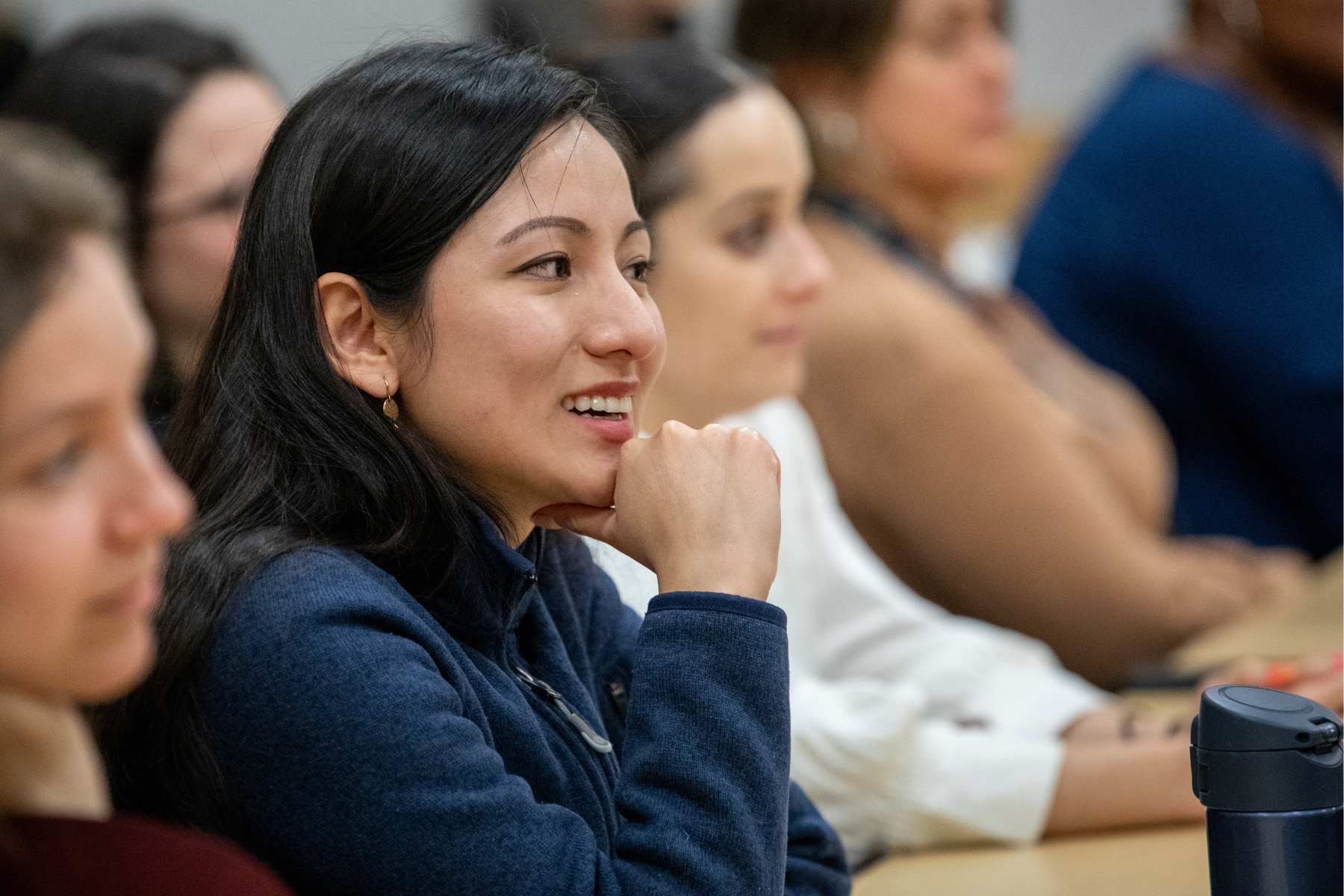
At UCSF, Dayna Long, MD, Benioff Children’s Hospitals community health and engagement director, her colleagues, partner institutions, clinicians and researchers have done significant work in diagnosing and treating ACEs.
UCSF is home to several clinical, educational, and research programs supporting pregnancy and maternal health, such as EMBRACE, a clinical program developed to give Black mothers and Black pregnant people an opportunity to receive prenatal care from an intentional angle of racial consciousness. Others include the California Preterm Birth Initiative, Black Wellness Clinic, Center for Complex Obstetric Medicine, Multidisciplinary Approach to the Placenta Services Program, Family and Pregnancy Pop-Up Village, Solid Start and Team Lily.
Urbina spoke to UCSF’s critical work in reproductive rights and maternal health.
“What’s so special here about UCSF is that we really are about community building and being in partnership with the community,” Urbina said. “I think that really advances not only research but also data and evidence-based practices to include the community, the patients that you're serving and everyday decision making.”
Ramos’ visit came a day after U.S. Health and Human Services Secretary Xavier Becerra met with UCSF researchers, educators and clinical leaders to recognize their leadership on reproductive health.
